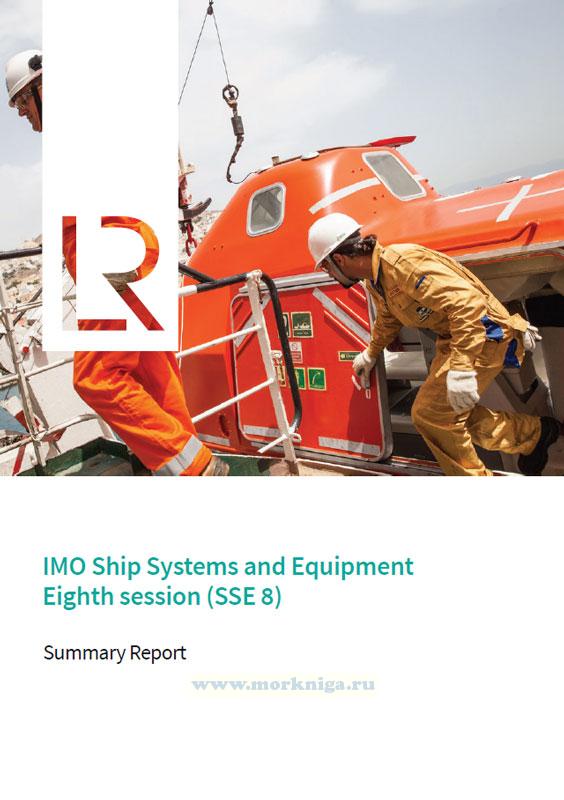

Indicative checkpoints to reach net-zero GHG emissions from international shipping:ġ. close to 2050, taking into account different national circumstances, whilst pursuing efforts towards phasing them out as called for in the Vision consistent with the long-term temperature goal set out in Article 2 of the Paris Agreement.

GHG emissions from international shipping to reach net zero to peak GHG emissions from international shipping as soon as possible and to reach net-zero GHG emissions by or around, i.e. Uptake of zero or near-zero GHG emission technologies, fuels and/or energy sources to increase uptake of zero or near-zero GHG emission technologies, fuels and/or energy sources to represent at least 5%, striving for 10%, of the energy used by international shipping by 2030 andĤ. Carbon intensity of international shipping to decline to reduce CO2 emissions per transport work, as an average across international shipping, by at least 40% by 2030, compared to 2008 ģ. Carbon intensity of the ship to decline through further improvement of the energy efficiency for new ships to review to strengthen the energy efficiency design requirements for ships Ģ. Levels of ambition directing the 2023 IMO GHG Strategy are as follows:ġ. The IMO remains committed to lowering GHG emissions from international shipping and, as a matter of urgency, planning to phase them out as soon as possible, while promoting, in the context of this Strategy, a just and equitable transition. The 2023 IMO Strategy on Reduction of GHG Emissions from Ships (the 2023 IMO GHG Strategy) represents the continuation of work by IMO as the appropriate international body to address greenhouse gas (GHG) emissions from international shipping. However, with the Revised Strategy that you have now agreed on, we have a clear direction, a common vision, and ambitious targets to guide us to deliver what the world expects from us."Įlements of the 2023 IMO Strategy on Reduction of GHG Emissions from Ships: At the same time, it is not the end goal, it is in many ways a starting point for the work that needs to intensify even more over the years and decades ahead of us.

"The adoption of the 2023 IMO Greenhouse Gas Strategy is a monumental development for IMO and opens a new chapter towards maritime decarbonization. The revised IMO GHG Strategy focuses on ensuring uptake of alternative zero and near-zero GHG fuels by 2030, as well as indicative checkpoints for 20. The last chance for the IMO to align with the Paris Agreement temperature goal of 1.5☌, vital to secure a just and equitable transition for the world’s most vulnerable nations, and protect our global biodiversity, such as the world’s coral reefs which will cease to exist in a world above this temperature threshold.The Marine Environment Protection Committee (MEPC) saw member states of the International Maritime Organisation (IMO) agree to adopt the 2023 IMO strategy on the reduction of GHG emissions from ships, to mitigate harmful emissions. A report published last month by research company CE Delft found that the international shipping industry could reduce its emissions by up to 47% by the end of the decade at an additional cost of 6–14% on average relative to business as usual.Īna Laranjeira, shipping manager at environmental justice NGO Opportunity Green, said in a press statement: “This week had everything to be a historical moment. While the revised strategy does tighten emissions reduction targets, environmental campaigners are disappointed with the vague net zero by 2050 commitment, as well as potentially conservative emissions targets for 2030. The IMO strategy delayed decisions on a carbon levy but concluding talks did not entirely scrap the idea. According to estimates from the World Bank, a carbon tax on global shipping could raise $40bn–$60bn per year. The money raised from a tax on carbon emissions could be used to fund climate mitigation and adaptation. Pressure to impose a carbon levy on the international shipping industry has been growing since the beginning of this year. In this regard, I believe that we have to pay more attention to supporting developing countries… so that no one is left behind,” he added.

“Above all, it is particularly meaningful, to have unanimous support from all Member States. IMO secretary-general Kitack Lim said in a statement: “The adoption of the 2023 IMO Greenhouse Gas Strategy… opens a new chapter towards maritime decarbonization.


 0 kommentar(er)
0 kommentar(er)
